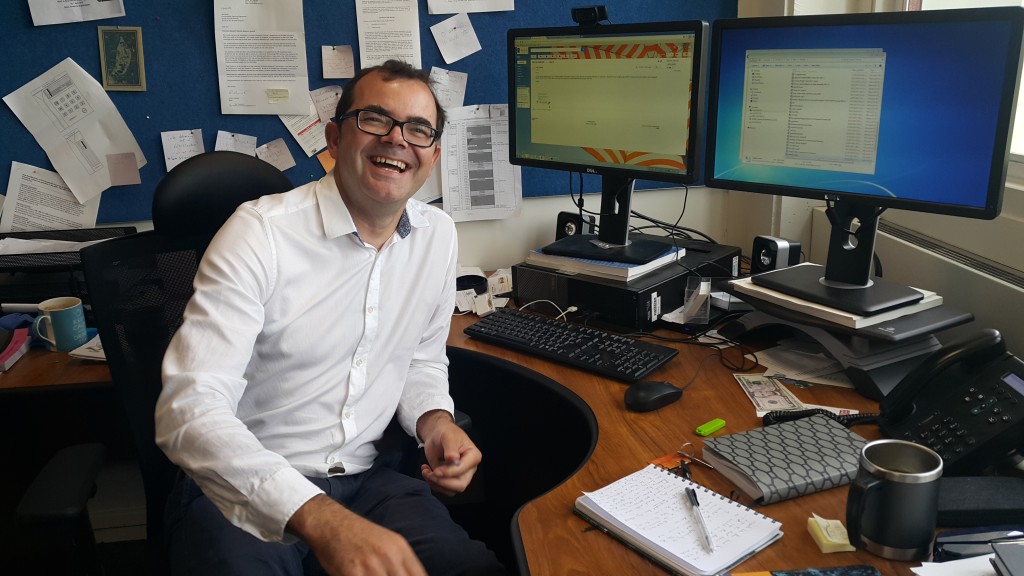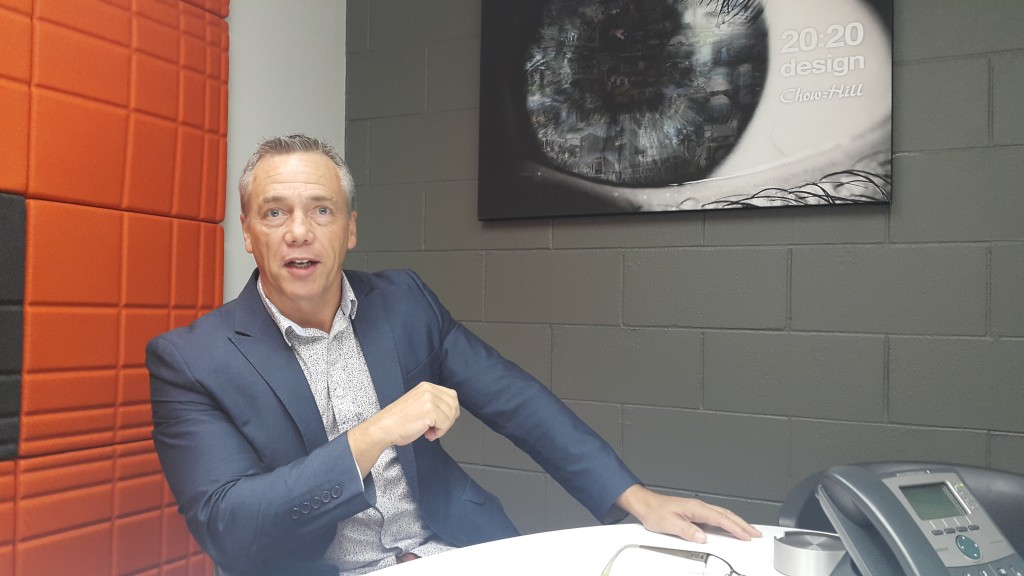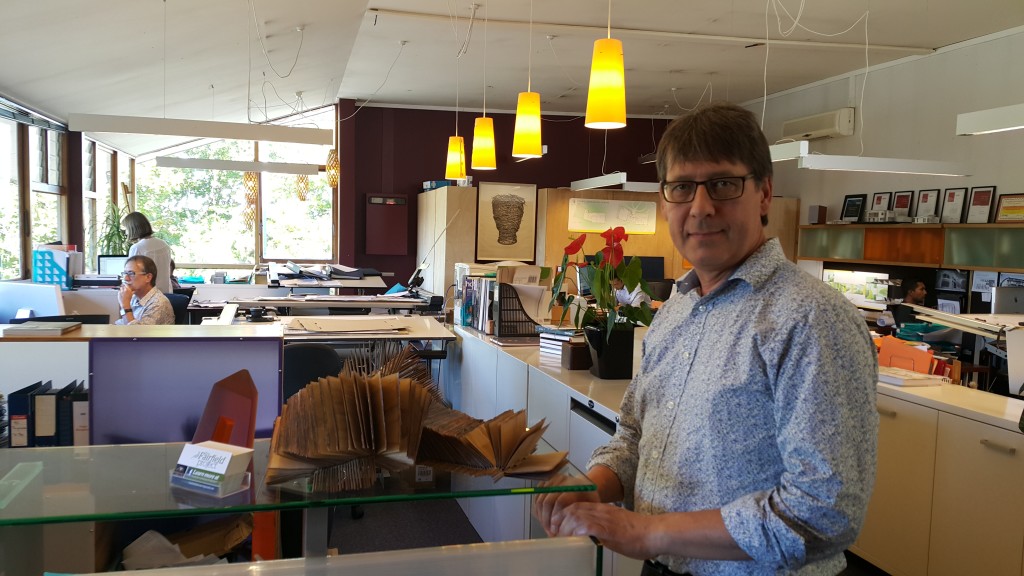Forget Founders Theatre, build a new CBD theatre say city experts
Replace Founders with a $50m theatre closer to Victoria Street, say Hamilton architects, developers and planning experts. But one architect says the cost will be closer to $100m.

High-profile city architects, developers and planning experts are firmly behind demolishing Founders Theatre and replacing it with a new arts centre in a different location – but one architect thinks there is not enough money or patronage to justify such a theatre.
Hamilton City Council will consider three options at its April 28 meeting: demolishing Founders Theatre for $300,000, refitting for around $20 million, or building a new theatre for an estimated $52 million.
Iain White, Professor of Environmental Planning at the University of Waikato, said he thought replacing Founders Theatre with a new theatre closer to Victoria Street and the river was a “no-brainer”.
“It would be a great benefit to the CBD to have [Founders Theatre] relocated to where it should have been all along [closer to Victoria Street and the river].”
White recently sat on Hamilton City Council’s seven-member Ferrybank evaluation panel and is an international authority on environmental planning.

“You want it [a theatre] in the city heart where people can come and make a night of it and spend the money and you get the wider economic benefits – any other decision and you lose those wider economic benefits.”
White said the theatre’s current location was not close enough to most of the city’s bars or restaurants for it to see a return from a $20.4 million refit.
“The refitting just doesn’t make sense.”
Brian Squair, architect and owner of Chow:Hill architects, who was involved in a review of Founders Theatre around seven years ago, agreed that a new theatre somewhere between Victoria Street and the river would be the best option.
“Bringing people into the city is a key to a whole bunch of knock-ons.”
Squair also dismissed suggestions that other venues like Claudelands could be used as a substitute.
“Claudelands isn’t designed for the arts, maybe a rock concert or Waikato Bay of Plenty of Magic.”
Squair suggested the large cost of a new theatre, estimated by council to be somewhere around $50 million, would be outweighed by its benefits over time in the same way Waikato Stadium’s initial cost overruns were.

“When the stadium was refurbished it went over-budget, it was a nightmare, it was terrible…[but] we wouldn’t do without it now.”
But Antanas Procuta, of PAUA Architects, who was part of the winning Ferrybank proposal and heavily involved in Clarence Street, Meteor and Riverlea theatre upgrades, thinks the cost of a new theatre has been vastly underestimated by council staff and city finances would not be able to support it.
Procuta estimates the cost of a new theatre would probably be a lot closer to $100 million.
“We’re just not in the position, I believe, to afford that now, and I just don’t believe there’s the demand for it until there’s more people living in the centre of the city.”

Procuta’s preferred option was to refit Founders Theatre for $25-30 million so that it is adequate for the next 30 years until the city’s theatre-going population has grown enough to justify a new facility.
“It is much better to tweak an existing building and make it better, and it will last 30 or 40 years.”
Property developer Matt Stark disagreed.
“I’d be absolutely gutted if we spent $20 million on fixing up that old building.”
Stark thought Hamilton City Council could come to regret spending money on an old facility in the wrong location in much the same way as Auckland City Council did with Eden Park.
“[In 2006 Auckland Council considered] a waterfront stadium and now….we’re talking about it again after spending $250 odd million on Eden Park!”

Property developer Matt Stark thinks Hamilton might end up spending more on a new theatre later if it doesn’t pay for new one now. Photo: Dileepa Fonseka
White thought not all the money needed to come from the Hamilton City Council for a regional asset like a new theatre, and that money could also be sourced from other councils in the region.
Squair suggested a public-private partnership could further remove some of the costs for the ratepayer, with council providing council land close to the river and developers or benefactors covering the construction costs.
Stark thought it was better for the city to think first about the kind of new facility it wanted and worry about funding mechanisms later.
“The money’s irrelevant…it [a new theatre] needs to achieve what the city feels like it needs to achieve.”




